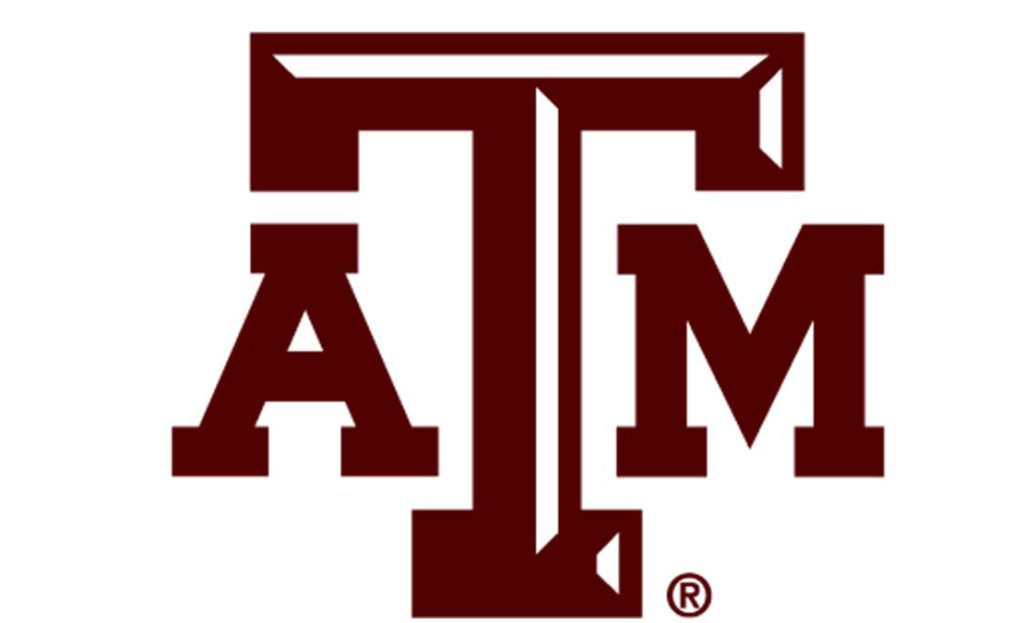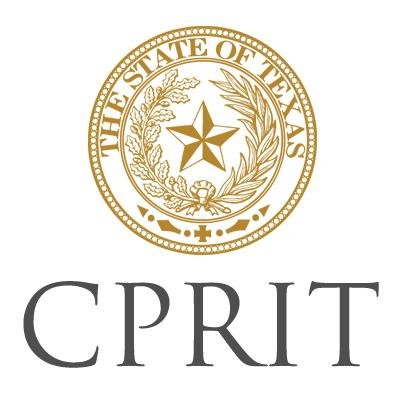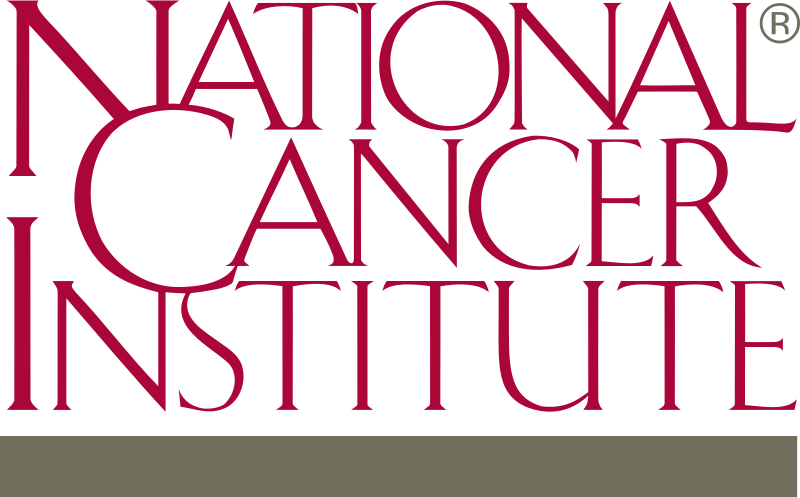Welcome to Dr. Irtisha Singh’s Laboratory
From Code to Function: Mapping the Molecular Landscape of Normal and Cancer Cells
About
We are an integrative computational and experimental laboratory at Texas A&M University.
At Singh Lab, we merge cutting-edge computational methodologies, statistical modelling and machine learning approaches with sophisticated molecular assays to decode functional regulatory programs in normal/cancer cells. By leveraging integrative data analysis, high-throughput functional screens and CRISPR perturbation technologies, we aim to decipher the molecular states of normal/cancer cells and how their dysregulation drives the pathophysiology in malignancies. We have established multidisciplinary collaborations with physician scientists at Emory Winship Cancer Institute, University, Stanford Medicine and Dana Farber Cancer Institute. We have also built strong on-campus collaborations with researchers at Department of Biomedical Engineering and Department of Biology.
Key Research Areas
Computational Biology (Statistical Modelling and Machine Learning)
Our computational biology framework draws on our in-house and collaborative high throughput molecular readouts as well as the ones available through public domains. We leverage interpretable statistical models like regularized regressions etc, to determine the regulatory elements that impact gene expression. Our lab focuses on using machine learning techniques and statistical models to decode how epigenetic states influence co-transcriptional RNA processing and gene expression.
Dysregulation of RNA Processing as Driver of Cancer
Dysregulated intronic polyadenylation (IPA) is a novel cancer-associated phenomenon. Our studies reveal IPA isoform dysregulation in Chronic Lymphocytic Leukemia (CLL) and Multiple Myeloma (MM), yet its functional impact in MM remains unclear. mRNA events are key contributors to cancer pathogenesis, making it essential to identify IPA-targeted genes and their role in tumorigenesis. Understanding IPA dysregulation could uncover an alternative mechanism by which cancer cells enhance proliferation and growth without genetic disruptions.
Interrogate the functional role of non-coding transcripts generated by IPA
Transcription of RNAs from genomic loci of protein-coding genes is widely accepted to be translated into proteins. We were surprised to find a substantial overrepresentation of IPA isoforms with limited coding potential. The functional roles of these RNA isoforms remain unexplored. In the lab we are interrogating the role of ncpRNAs with a broader goal of informing the types of biological function mediated by non-coding IPA isoforms.
Dissecting Role of Epigenetics in oncogenic transformation
While genetic alterations are central to cancer, epigenomic changes also play a crucial role in driving normal cells toward a tumorigenic state. Enhancers, non-coding regulatory elements bound by transcription factors, mediators, and RNA Pol II, establish connections with gene promoters to regulate cell-type-specific expression. Their dysregulation is implicated in many cancers. In our lab, we explore how epigenetic states shape transcriptional profiles to drive tumorigenesis.
News & Insights
2025
- Jan – Dr. Singh attended the NCI new grantee workshop at NCI Shady Grove.
2024
- Dec – Dr. Singh awarded a seedling grant from Texas A&M Health Science Center.
- Nov – Ari successfully completes his prelim.
- Oct – Dr. Singh co-organized the 7th Annual Bioinformatics and Cancer Symposium at the Texas A&M campus. Dr. Mallick was awarded the 1st prize at the poster session.
- July – Autumn successfully completes her prelim.
- May – Dr. Singh receives a R01 award from NCI.
- Feb – Dr. Singh awarded a Co-I R01 from NIDCR.
2023
- Sep – Dr. Singh co-organized the 6th Annual Bioinformatics and Cancer Symposium at the Texas A&M campus. Autumn was awarded the 3rd prize at the poster session.
- June – Jaspreet Thind from the BMEN program joins the lab as graduate student.
- Feb – Dr. Singh gets awarded CPRIT Texas Regional Excellence Center Scholar.
- Jan – Dr. Singh presents a talk at BMES CMBE Conference, Indian Wells, CA. Ari Aviles from the GGEN program joins the lab as a graduate student.
2022
- Oct – Dr. Singh co-organized the 5th Annual Bioinformatics and Cancer Symposium at the Texas A&M campus.
- Sep – Dr. Singh presents at the Department of Biomedical Informatics, University of Pittsburgh.
- Aug – Dr. Sumana Mallick joins the lab.
- May – Dr. Pranita Borkar joins the lab.
- Apr – Dr. Richa Rashmi and Dr. Faiza Waghu start as postdocs in the lab.
- Jan – Dr. Singh awarded R21 from NIH. Autumn McManis, graduate student of the GGEN program joins the lab. She will be co-advised by Dr. Singh and Dr. Gaharwar.
2020–2021
- COVID-19 has led us to a slow start but stay tuned.
- Dr. Singh co-organized the 4th Annual Bioinformatics and Cancer Symposium.
- Dr. Singh presented her work at National Institute of Immunology, New Delhi, India.
- Dr. Singh presented her work at Department of Biosciences and Bioengineering, Indian Institute of Technology Bombay, Mumbai, India.
- Dr. Singh presented her work at The Institute of Mathematical Sciences, Chennai, India.
- Dr. Singh presented her work at 3rd Annual Bioinformatics Symposium, Institute for Applied Mathematics and Computational Science, Texas A&M University.
- Dr. Singh presented her work at Genetics and Genomics seminar series, Institute of Genome Sciences and Society, Texas.
"Expression of IPA isoforms is often robust—they do not represent ‘cryptic’ events or ‘transcriptional noise’—and is regulated across normal cells and dysregulated in cancer."
Dr. Irtisha Singh
Principle Investigator
Our Funding Sources




F.A.Q.
Your Questions, Answered!
How can I join Singh Lab as a graduate student or postdoctoral fellow?
If you’re interested in joining our team, visit our “Positions & Contact” page to view open opportunities and application instructions. Feel free to reach out via email with your CV and a brief description of your research interests.
Are there opportunities for undergraduate students?
Yes, we welcome motivated undergraduates to gain hands-on research experience. Check our “Positions & Contact” page for more details and application steps.
Do you offer summer internships?
We occasionally offer summer internships for students interested in computational biology and experimental research. Announcements for such opportunities will be posted on our website.